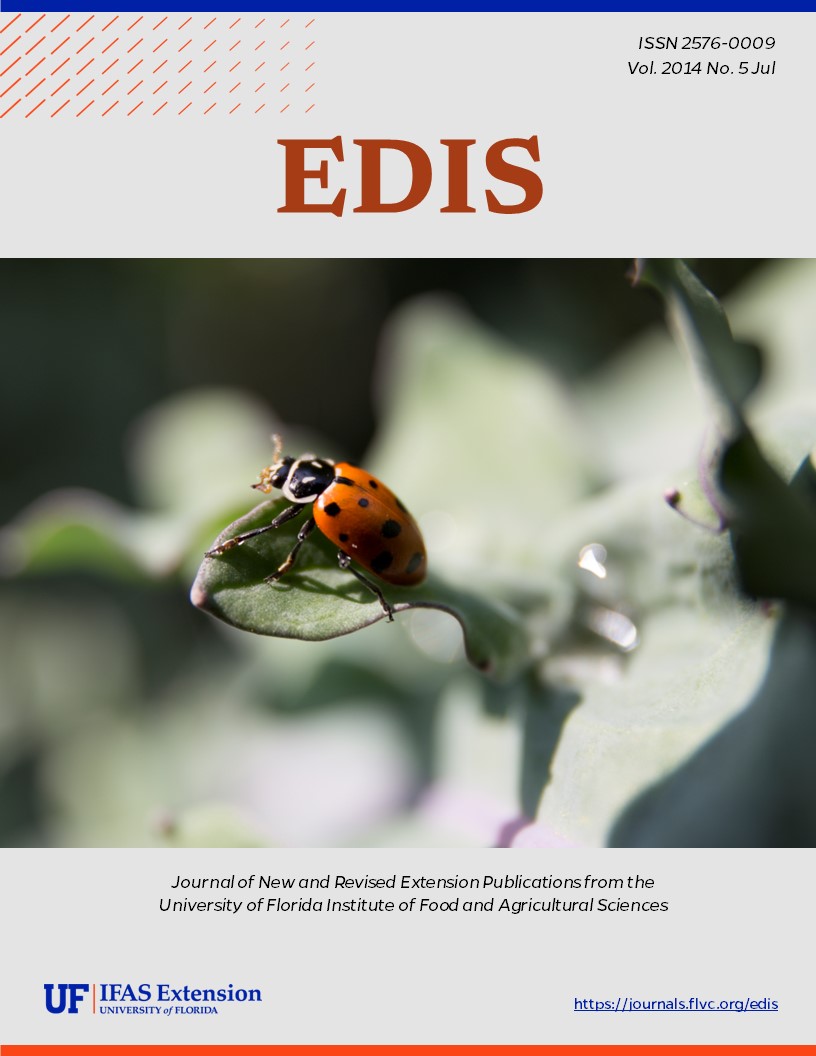Abstract
The use of native plants in Florida horticulture has gained importance due to habitat loss, coastal deterioration, and competition from invasive exotics like Brazilian pepper and punk tree. Several counties have enacted ordinances requiring native plants in new developments, increasing demand for native plant materials. While many native trees are already present in Florida nurseries, their benefits include energy efficiency, low maintenance, and ecological-educational value. However, challenges such as slow growth, unattractiveness, propagation difficulties, and limited availability are cited against their use. Native plants are particularly suited for new developments with retained vegetation, environmentally sensitive areas, and public spaces. Successful landscaping with native plants requires careful consideration of site history, soil and hydrology modifications, and current site conditions, ensuring the selection of appropriate species for specific landscape functions. This document was first published in Aug.1989.

This work is licensed under a Creative Commons Attribution-NonCommercial-NoDerivatives 4.0 International License.
Copyright (c) 2014 UF/IFAS

